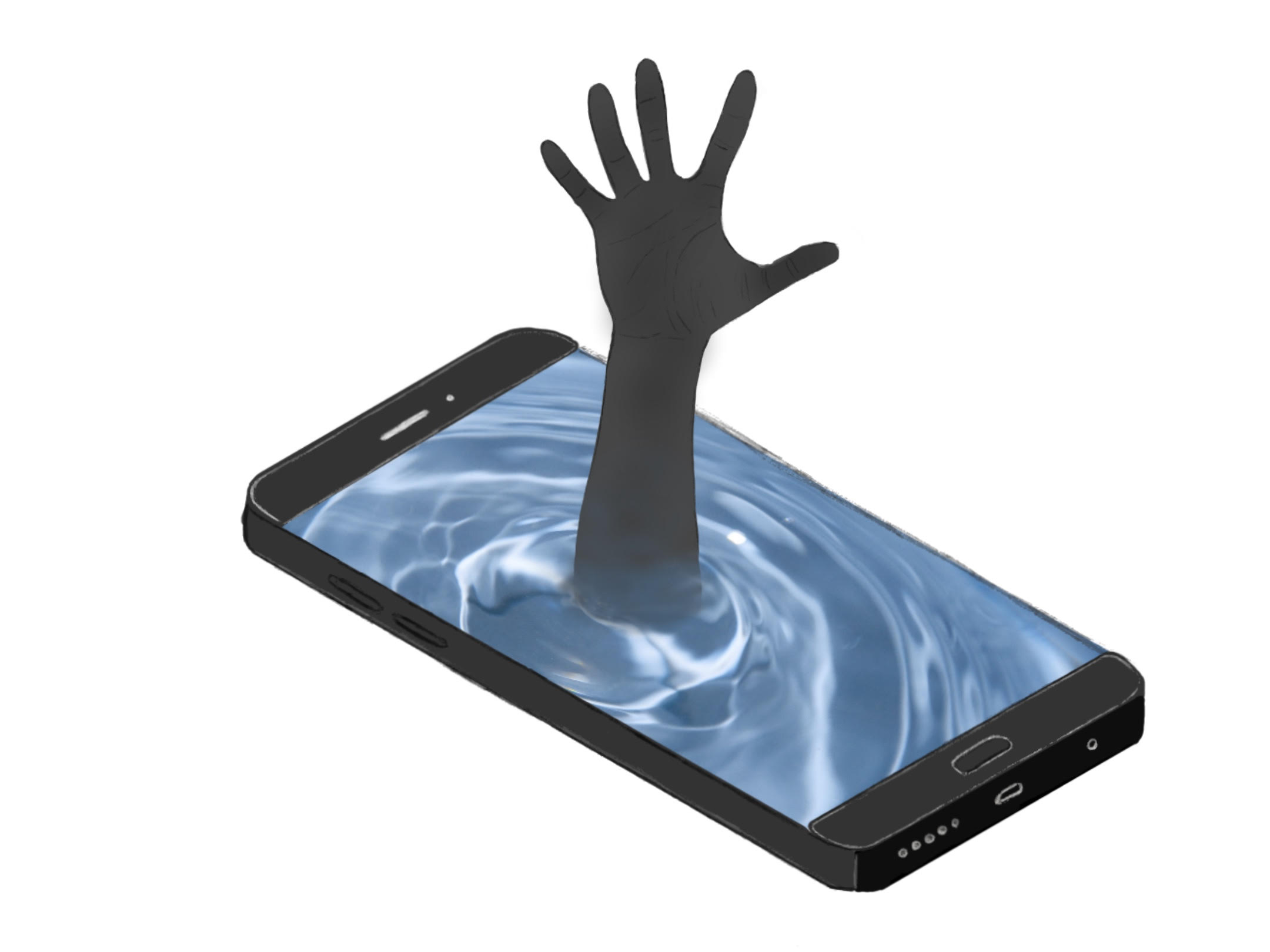“Doomscrolling” is slowly eroding our mental health
The phenomenon of doomscrolling reinforces pessimism and increases levels of stress.
As the Covid-19 pandemic emerged, individuals turned to the Internet to find positive news. However, they were exposed to a flood of pessimistic messages, causing stress and anxiety. Researchers dub this phenomenon “doomscrolling.”
According to a research article published in January 2022 in the Technology, Mind, and Behavior journal, “Doomscrolling refers to a unique media habit where social media users persistently attend to negative information in their newsfeeds about crises, disasters and tragedies.” A BBC article reveals that most individuals spent some portion of 2020 doomscrolling—so much so that the Oxford English Dictionary added the term and named it a “Word of the Year” for 2020.
There are various factors that contribute to the phenomenon of doomscrolling. A notable cause is the human tendency to make better sense of uncontrollable situations by filling the information gap caused by unforeseen events. Doomscrolling was most apparent during the Covid-19 pandemic because people were confined to their homes and flooded with news.
People flocked to social media to find positive information about the health crisis and alleviate their fears and stressors. Instead, they found pessimistic news which “further [exacerbated] feelings of anxiety, apprehension, uncertainty, and panic,” stated a study published in April 2021 in Perspectives in Psychiatric Care by researchers from the National Institute of Mental Health & Neuro Sciences in Bengaluru Karnataka, India.
The study also explains that journalism takes advantage of this human tendency, as news outlets use provocative headlines to capture a readers’ attention with fear. Social media users will often reinforce their concerns by continuously exposing themselves to pessimistic information, which can ultimately foster feelings of hopelessness.
It has been observed that severe anxiety caused by doomscrolling can trigger panic attacks. Additionally, people may experience complicated emotions that lead to insomnia, poor appetite, and decreased motivation to perform daily activities.
Regardless, the adverse psychological effects of doomscrolling can be reduced over time. According to an article published by the World Economic Forum, a non-profit organization based in Switzerland, restricting one’s consumption of news during the day and especially at night can limit the harmful psychological effects of doomscrolling.
The article stated that individuals can moderate the time spent on online platforms by switching off smartphone notifications and scheduling times during the day to browse through news.
Staff Writer (Volume 49 & 50) — Angelina is currently in her second year at UTM, majoring in Criminology, Law & Society with minors in French and Latin American and Caribbean Studies. She has previously served as a Staff Writer for Volume 49 of The Medium. With a keen interest in fostering knowledge and a dedication to staying informed on current issues, Angelina endeavours to make a meaningful impact through her engagement with The Medium. Beyond her academic and work pursuits, Angelina finds solace in the pages of books, coffee shops, and good conversation.


